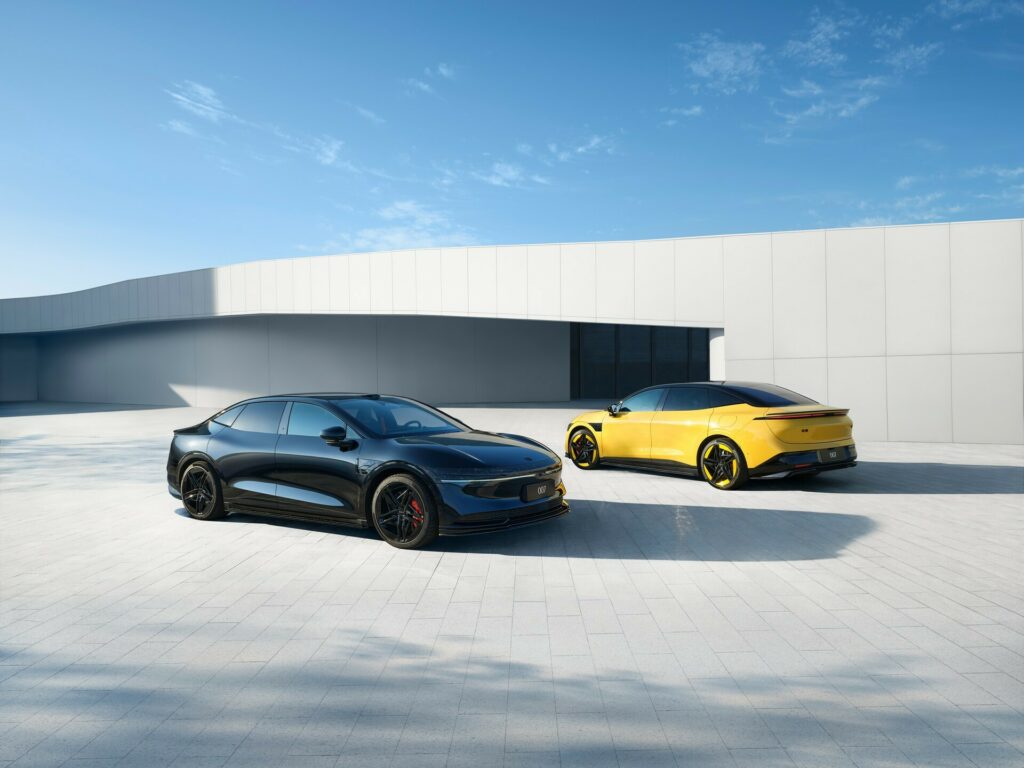- Canada has announced plans to hit Chinese EVs with a 100% surtax, which would be on top of the current 6.1% import tariff.
- The move is designed to protect the country’s automotive industry, which employs more than 125,000 people.
- Canadian officials said the move was necessary as Chinese firms benefit from “unfair, non-market policies and practices.”
Chinese EVs are the latest boogeyman and Canada’s Department of Finance is responding by announcing a series of “measures to level the playing field.” The biggest is a 100% surtax on all Chinese-made EVs, effective October 1.
The tax would be on top of the current 6.1% import tariff and apply to certain electric and hybrid “passenger automobiles, trucks, buses, and delivery vans.” Furthermore, the government announced plans for a 25% surtax on imports of steel and aluminum products from China starting October 15. Additional surtaxes are possible as officials plan to examine other critical sectors including those focused on critical minerals, batteries and battery components, semiconductors, and solar products.
More: China Has Poured Over $230 Billion Into EV Industry, Study Finds
Besides taxing Chinese EVs to death, the government announced plans to limit eligibility for zero emission vehicle incentives. As part of this effort, officials want to make incentives available exclusively to products made in countries which have negotiated free trade agreements with Canada.
The moves are designed to support Canada’s auto industry as well as steel and aluminum producers. The former sector employs over 125,000 people, while the latter supports over 130,000.

Department of Finance Canada said the moves were necessary as the “auto sector currently face[s] unfair competition from Chinese producers, who benefit from unfair, non-market policies and practices.” The government went on to claim China has an “intentional, state-directed policy of overcapacity” and this threatens “workers and businesses in the EV industry around the world.”
Canadian officials noted their plans echo those taking place in the United States and the European Union. That’s certainly the case as the Biden administration recently announced the tariff rate on Chinese electric vehicles would increase from 25% to 100%.
Canadian Deputy Prime Minister and Minister of Finance, Chrystia Freeland, said “Canadian workers and critical sectors, including steel and aluminum, … are facing an intentional, state-directed policy of overcapacity, undermining the Canada’s ability to compete in domestic and global markets. That is why our government is moving forward with decisive action to level the playing field, protect Canadian workers, and match measures taken by key trading partners.”





